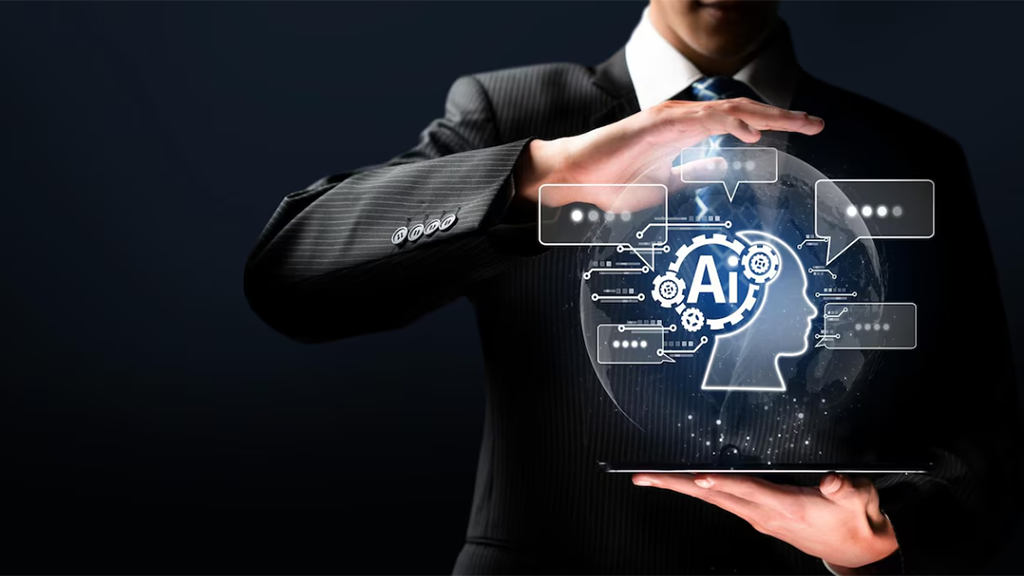

Picture the modern CEO, not on a pedestal, not behind a polished oak desk. Picture them on a live-streamed town hall, fielding unfiltered questions from an audience of thousands, many of whom are algorithms. The era of behind-the-scenes leadership is dead. Welcome to 2025, where a CEO is either a beacon of clarity—or obsolete.
The CEO is Now a Real-Time Decision Engine
Gone are the days when quarterly meetings and strategy decks defined leadership. In 2025, decisions happen in milliseconds. AI tools like Palantir Foundry, Salesforce Einstein, and enterprise GPTs digest terabytes of data and spit out insight faster than a McKinsey team could draft a first slide. The CEO’s role? Not to outthink the machine but to ask better questions than it can.
Elon Musk’s decision to lean into AI-powered predictive logistics at Tesla, bypassing layers of human planning, saved the company $300M in supply chain costs last year. That wasn’t a fluke. It resulted from CEOs stepping into a co-pilot role with AI—not resisting it.
Authenticity Is No Longer Optional. It’s Audited.
In the past, authenticity was nice to have—sprinkled into TED Talks and interviews. Now? It’s tracked, rated, and dissected.
Startups like TrueMeasure and CultureAmp now provide sentiment analytics that dissects a leader’s every public statement against their actual behavior. A CEO who preaches DEI but hasn’t diversified their leadership team? That inconsistency shows up in employee retention, Glassdoor scores, and stock valuation.
Case in point: When Patagonia’s CEO publicly relinquished profits to invest in climate resilience and actually did it, brand trust metrics surged 48%. Compare that to WeWork’s decline when corporate governance lagged behind grand proclamations.
Accountability Is Radically Transparent
Shareholder letters are outdated. Now, it’s blockchain-verified decision trails, open-source strategy boards, and employee scorecards made public.
CEOs at firms like Unilever and BlackRock are embracing radical stakeholder reporting—monthly performance snapshots visible to employees, customers, and investors alike. It’s not about exposure; it’s about trust. When accountability becomes ambient, the culture shifts from compliance to ownership.
Ask yourself: could your executive decisions be published tomorrow without triggering headlines?
What Does This Mean for Leadership Selection?
Harvard MBAs and ex-McKinsey pedigrees still decorate resumes, but the real currency is adaptive integrity. CEOs like Whitney Wolfe Herd (Bumble) and Guillaume Pousaz (Checkout.com) embody a hybrid model—high EQ, high velocity, and relentlessly clear ethics.
In 2025, boards aren’t asking, “Who has the right answers?” They ask, “Who’s brave enough to say I was wrong. Let’s fix it—fast.”
The Silent Power of Saying Less, Doing More
This year’s best leaders aren’t tweeting thought leadership—they’re building operating systems that speak for themselves. When Satya Nadella transitioned Microsoft Teams’ core from Azure to AI-native architecture in 2024, he let engineers lead the narrative. The message was clear: authentic leadership means putting substance over the signal.








© THE CEO PUBLICATION 2021 | All rights reserved. Terms and condition | Privacy and Policy